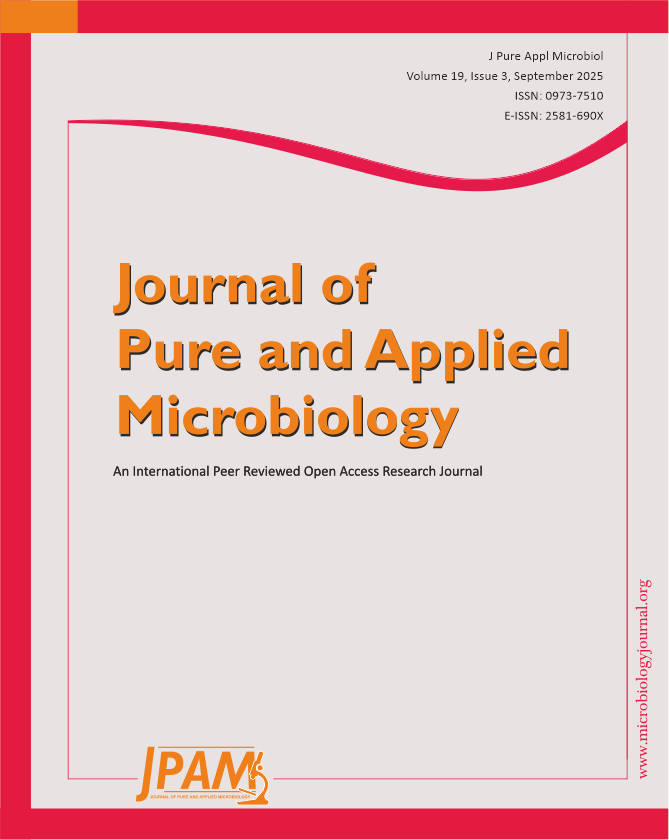The increasing prevalence of multidrug-resistant (MDR) Candida infections emphasises the urgent need for novel antifungal agents. This study evaluates the antifungal properties of Sophora flavescens (S. flavescens) root extract against five MDR Candida species. A total of 120 bioactive compounds, including flavonoids and alkaloids with known antimicrobial properties, were identified using high-resolution liquid chromatography-mass spectrometry. The antifungal efficacy of the extract was assessed through agar well diffusion, minimum inhibitory concentration (MIC), and minimum fungicidal concentration (MFC) assays. The extract exhibited strong antifungal activity, with inhibition zone diameters ranging from 13.33 to 19.66 mm against all tested strains. The MIC values ranged from 6.25 to 25 mg/mL across all tested Candida species, with corresponding MFCs falling within the same range for C. krusei, C. parapsilosis, C. albicans, and C. glabrata. In contrast, C. auris exhibited slightly higher MFC values, ranging from 12.5 to 25 mg/mL. Biofilm inhibition was assessed using crystal violet staining, while morphological alterations in treated Candida cells were visualised using scanning electron microscopy. Molecular docking studies targeting fungal lanosterol 14α-demethylase (CYP51) of C. albicans revealed that ginkgetin (-11.0 kcal/mol) and roxburghine B (-10.7 kcal/mol) displayed stronger binding affinities than the standard antifungal drug Itraconazole (-9.3 kcal/mol). These findings underscore the potential of S. flavescens root extract as a natural and effective antifungal candidate against hospital-acquired Candida infections.
Sophora flavescens, Candida Species, Antifungal Activity, Bioactive Compounds, Molecular Docking, Nosocomial Infections, Drug-resistant Fungi
© The Author(s) 2025. Open Access. This article is distributed under the terms of the Creative Commons Attribution 4.0 International License which permits unrestricted use, sharing, distribution, and reproduction in any medium, provided you give appropriate credit to the original author(s) and the source, provide a link to the Creative Commons license, and indicate if changes were made.


